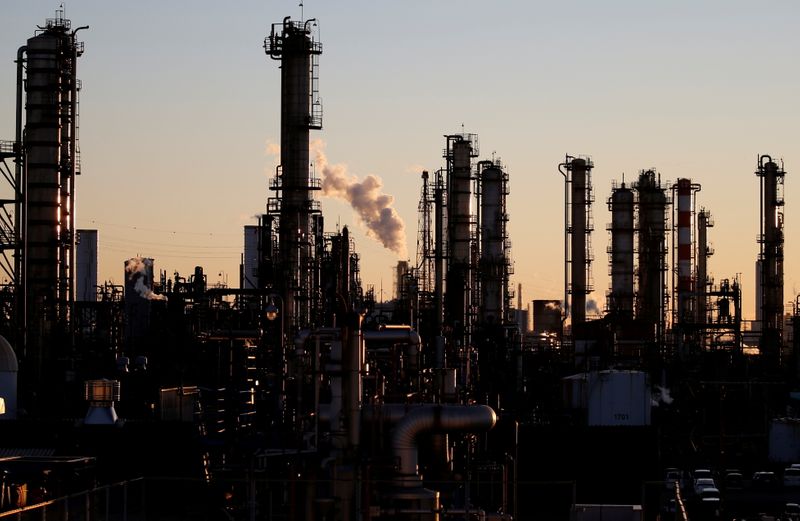By Kantaro Komiya and Yoshifumi Takemoto
TOKYO (Reuters) - Japan's industrial output fell for the second straight month in August as COVID-19 outbreaks elsewhere in Asia disrupted supply chains for carmakers already facing headwinds from a prolonged chip shortage.
Separate data out on Thursday showed retail sales in August slipped for the first time in six months as households cut spending amid a coronavirus relapse, signalling lacklustre consumer sentiment.
The data suggests the pandemic continued to gnaw at Japan's economy this quarter, posing an immediate challenge to the next prime minister, Fumio Kishida, who won the ruling party leadership vote on Wednesday, ahead of general elections that must be held by late November.
Factory output lost 3.2% in August from the previous month, official data showed on Thursday, hit by weaker production of cars and electronic machines and marking the second consecutive month of contraction after a 1.5% drop in July.
The decline was larger than the 0.5% fall forecast in a Reuters poll of economists.
Major Japanese automakers including Toyota Motor (NYSE:TM) Corp, Nissan (OTC:NSANY) Motor Co and Honda Motor Co have faced production cuts since late August due to a components shortage, which could last well into October, the industry lobby warned earlier this month.
On Thursday, Suzuki Motor Corp announced it will close two assembly plants in Japan for one to three days in October due to supply shortage.
"Auto production cuts have affected many other related sectors that must reduce supplies when plants are shut down," said Takeshi Minami, chief economist at Norinchukin Research Institute. "A halt in the recovery from the pandemic is lasting longer in Japan compared to other countries."
Manufacturers surveyed by the government expect output to rise 0.2% in September and 6.8% in October, but the bolder projections entail "large downside risks" given the uncertainties around car production cuts, a government official told reporters.
The government downgraded its assessment of industrial production for the first time since April 2020, saying it was "stalling".
Analysts expect the world's third-largest economy to grow at an annualised pace of 1.2% this quarter, much weaker growth than other advanced economies, as stop-go coronavirus curbs hit private consumption.
With worse-than-expected August production and consumption, "Japan's July-September gross-domestic product now looks closer to zero growth," said Minami, adding weaker results in September may bring it to red.
Separate government data on Thursday showed retail sales were weaker-than-expected, falling 3.2% in August from a year earlier, dragged down by consumer electronics and clothing.
That marked the first decline in six months and was larger than the median market forecast for a 1.0% fall.

The worse-than-expected retail sales came after Japan said earlier this week it would lift coronavirus curbs in all regions by Thursday given a stark fall in COVID-19 cases and as around 60% of the population have been fully vaccinated.
Compared with the previous month, retail sales declined a seasonally adjusted 4.1%.